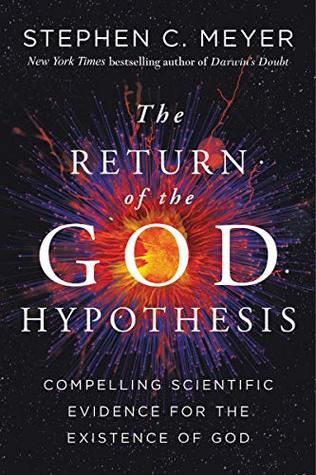Krebbs argued that though the reliability of the human mind—and the assumptions it makes about the world—could not be justified empirically, it could be justified theologically. If one presupposed the existence of a benevolent God, one had good reason to trust in the design of the mind and the reliability of its built-in assumptions about the world. Theists assume the uniformity of nature, because they believe that God is a God of order who sustains the regularities that we describe as the laws of nature.
Welcome back. Just a moment while we sign you in to your Goodreads account.


